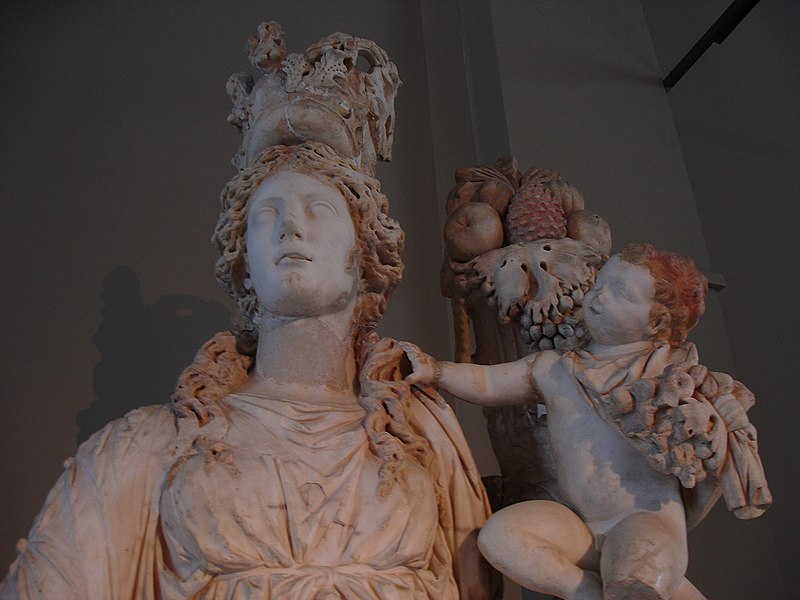“Never give a sword to a man who cannot
dance.”— Confucius
 |
| SOURCE |
“Come Fairies, take me out of this dull world, for I
would ride with you upon the wind and dance upon the mountains like a flame.”— W.B. Yeats
Midweek Motif ~ Dance
As I was thinking about this Dance motif some lines
of Leonard Cohen sang out loud in my mind:
“Dance me to your beauty with a burning violin
Dance me
through the panic ’til I’m gathered safely in
Lift me
like an olive branch and be my homeward dove
Dance me to the
end of love
Dance me to the
end of love….”
The whole universe is in a dance mode. It would be
interesting to see where you find that rhythm and beat to capture it in your
lines.
It might be in the flow of a river; in rolling of
waves; in raindrops; in the rhythm of seasons, day and night; in the flight of
a bird; in birth; in death; in a stage performance.
There are numerous forms / types of dance. It would
be lovely to read about them if you choose one of them to write about; or about
the life of any well-known dancer.
And why not about dance costumes, props, masks and
shoes?
Give today’s motif a unique interpretation of your
like:
A few poems to share with you:
The Dance
by William Carlos Williams
In Brueghel's great picture, The
Kermess,
the dancers go round, they go round and
around, the squeal and the blare and the
tweedle of bagpipes, a bugle and fiddles
tipping their bellies (round as the thick-
sided glasses whose wash they impound)
their hips and their bellies off balance
to turn them. Kicking and rolling
about the Fair Grounds, swinging their butts, those
shanks must be sound to bear up under such
rollicking measures, prance as they dance
in Brueghel's great picture, The Kermess.
the dancers go round, they go round and
around, the squeal and the blare and the
tweedle of bagpipes, a bugle and fiddles
tipping their bellies (round as the thick-
sided glasses whose wash they impound)
their hips and their bellies off balance
to turn them. Kicking and rolling
about the Fair Grounds, swinging their butts, those
shanks must be sound to bear up under such
rollicking measures, prance as they dance
in Brueghel's great picture, The Kermess.
 |
| SOURCE |
326
by Emily Dickinson
I cannot
dance upon my Toes—
No Man instructed me—
But oftentimes, among my mind,
A Glee possesseth me,
That had I Ballet knowledge—
Would put itself abroad
In Pirouette to blanch a Troupe—
Or lay a Prima, mad,
And though I had no Gown of Gauze—
No Ringlet, to my Hair,
Nor hopped to Audiences—like Birds,
One Claw upon the Air,
Nor tossed my shape in Eider Balls,
Nor rolled on wheels of snow
Till I was out of sight, in sound,
The House encore me so—
Nor any know I know the Art
I mention—easy—Here—
Nor any Placard boast me—
It's full as Opera—
No Man instructed me—
But oftentimes, among my mind,
A Glee possesseth me,
That had I Ballet knowledge—
Would put itself abroad
In Pirouette to blanch a Troupe—
Or lay a Prima, mad,
And though I had no Gown of Gauze—
No Ringlet, to my Hair,
Nor hopped to Audiences—like Birds,
One Claw upon the Air,
Nor tossed my shape in Eider Balls,
Nor rolled on wheels of snow
Till I was out of sight, in sound,
The House encore me so—
Nor any know I know the Art
I mention—easy—Here—
Nor any Placard boast me—
It's full as Opera—
Please share your new poem
using Mr. Linky below and visit others in the spirit of the community—
(Next week Magaly's Midweek Motif will be ~ not-so-old-fashioned 'Hobbies')
(Next week Magaly's Midweek Motif will be ~ not-so-old-fashioned 'Hobbies')


